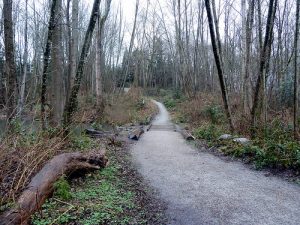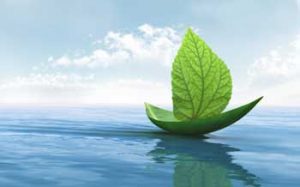What is Science? Update on April 10th, Monday
Hello Everyone!
 Today we had a discussion about the meaning of science. What is it? How would you define it? What does it look like? How is modern day science similar or different from Indigenous Knowledge? Did science happen here thousands of years ago? Does science need to be written down and documented, or can it be passed along in both stories and oral traditions?
Today we had a discussion about the meaning of science. What is it? How would you define it? What does it look like? How is modern day science similar or different from Indigenous Knowledge? Did science happen here thousands of years ago? Does science need to be written down and documented, or can it be passed along in both stories and oral traditions?
While the “science” conducted by First Nations in B.C. looked different than our traditional view of the discipline, aboriginal peoples knew so many things about the land and nature through their observations and surviving in the environment, and some of this knowledge is just now being confirmed or studied by the traditional science we know.
 Tomorrow, we are going to Everett Crowley Park, and while there, we may see some of the plants shown to students today in their School Plant Hunt Booklet. There are so many plants we have around us locally that have specific, medical uses or that can be used as food. In the video we watched today, we saw an example of a woman from the Squamish Nation who has a close connection with plants and looks at the landscape in Vancouver as a medicinal garden – when maybe what we see are just weeds! Here is another, shorter version of what we watched:Indigenous Plant Diva. We will see if we can find any of the plants from our guide tomorrow, but please do not taste any plants while on our trip, as we are not plant experts, just observers and learners!
Tomorrow, we are going to Everett Crowley Park, and while there, we may see some of the plants shown to students today in their School Plant Hunt Booklet. There are so many plants we have around us locally that have specific, medical uses or that can be used as food. In the video we watched today, we saw an example of a woman from the Squamish Nation who has a close connection with plants and looks at the landscape in Vancouver as a medicinal garden – when maybe what we see are just weeds! Here is another, shorter version of what we watched:Indigenous Plant Diva. We will see if we can find any of the plants from our guide tomorrow, but please do not taste any plants while on our trip, as we are not plant experts, just observers and learners!
A notice about our Everett Crowley Walk was sent home today letting you know about this field trip. You do not need to sign, as all of you already submitted walking field trip forms at the beginning of the year for local sites in reach of the school. We will be gone from 9:15-11:30. Please bring a light backpack, water, snack, plant guide, light jacket, layers, comfortable walking shoes. It will be 14 degrees and sunny tomorrow — fingers crossed that this does not change!
 Today we also spent some time exploring poetry, brainstorming words about nature and putting together our feelings about nature into one class poem, to be published in a future post. Everyone kept a record of it in their journal, which will be collected later in the unit. Please make sure to keep up with entries as the journal will be marked.
Today we also spent some time exploring poetry, brainstorming words about nature and putting together our feelings about nature into one class poem, to be published in a future post. Everyone kept a record of it in their journal, which will be collected later in the unit. Please make sure to keep up with entries as the journal will be marked.
After making a class poem, everyone had an opportunity to look at a large collection of poetry books and chose a favourite nature poem to record, as well. Please continue to look for examples of poetry you enjoy, and feel free to share any books you enjoy with us.
We are doing a read aloud of a new book called The Skeleton Tree. This book by Iain Lawrence involves the adventure of two boys who are the only survivors of a shipwreck off the Alaskan coast. They have no radio, no flares, and no food, so they have to forage, fish and scavenge the shore for supplies. It is an exciting survival story, and the details about how the two use the land to survive link well with our Nature Connection unit.
In Math, we are finishing finding Earth Numbers! Please finish finding these facts tonight. In class, please find a partner to develop a chart, diagram, or graph to illustrate some of the data (choose some of the data, don’t use all of it) and be ready to present this graph to the class. You will need to justify why you chose the format you did for sharing the data.
Tuning In Articles, Deep Cove Notices, and the Food Web Worksheet are overdue.
Don’t forget our nature challenge! As we said in class, the natural locations do not have to be just in Burnaby. Anywhere you visit where you can get a picture of yourself in a recognizable, natural location will work.
Reminder: When putting away technology, please make sure you PLUG IN YOUR DEVICE. Thank you, as this helps us be ready for the next day.
See you tomorrow!
Ms. D
